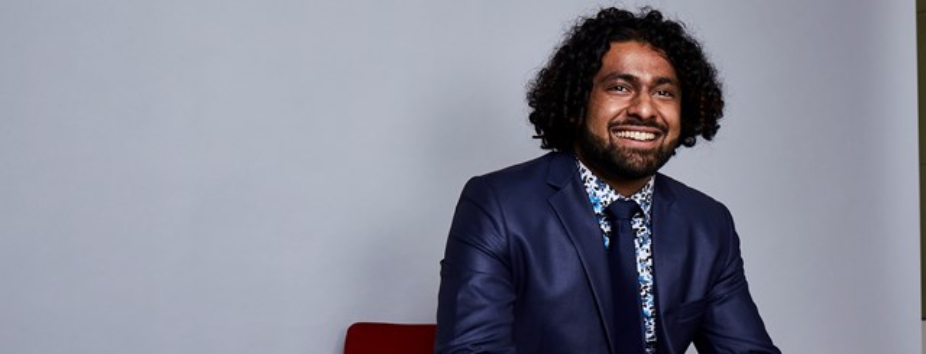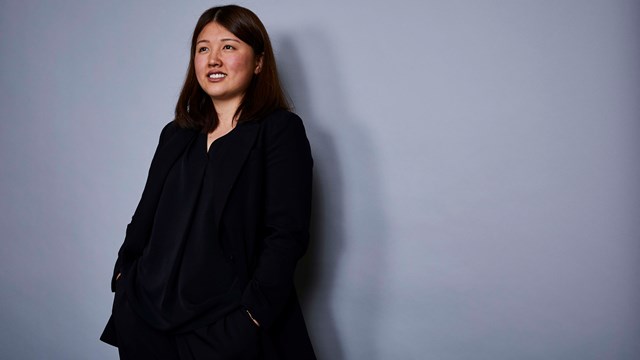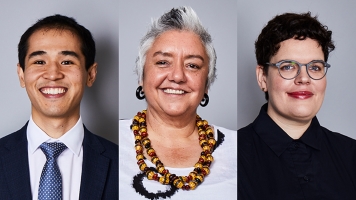
Written by Denzil Furtado, Westpac Scholar, 2020 Future Leader
“Greatness lies, not in being strong, but in the right use of strength; and strength is not used rightly when it serves only to carry a man above his fellows for his own solitary glory. He is the greatest whose strength carries up the most hearts by the attraction of his own.”
These words were first penned by Henry Ward Beecher, a 19th century minister, social reformer and abolitionist, but I first came across them while watching “Wonder”, a movie about August Pullman, a boy born with a facial deformity who struggles to make the transition from homeschool to mainstream schooling for fear of what others might think about him. These words are spoken of August towards the end of the movie, not in recognition of any academic accomplishment or sporting prowess on his part, but in recognition of the “quiet strength” with which he carries himself each day.
As I write these words, entire nations’ healthcare systems and economies have been crippled by the spread of COVID-19. Countless people have lost lives and livelihoods as a direct result of the virus, and countless more are feeling its ripple effects socially, financially, and in just about every other dimension of life. You probably already knew that, but the reason I bring this up is to make a point. In such seasons of trial and tribulation, what gives people hope is an individual’s—or a collective’s—entrepreneurial willingness to reach out with their unique portfolio of skills and resources to lift up those around them. From frontline healthcare workers pulling long shifts to keep patients alive; to individuals, communities, and organizations reaching out to meet the needs of the homeless, the elderly, and the vulnerable; to scientists and pharmaceutical companies putting energy and resources behind efforts to get vaccines and potentially curative drugs into clinical trials; to manufacturers retooling their facilities to produce hand sanitizer, masks, face shields and ventilators; to governments exercising rare bipartisanship to expedite the passage of much-needed stimulus packages—the merit is in the doing.
We can always find ways to critique other people’s efforts and point out how things could have been done better, but Roosevelt put it best: “It is not the critic who counts; not the man who points out how the strong man stumbles, or where the doer of deeds could have done them better. The credit belongs to the man who is actually in the arena, whose face is marred by dust and sweat and blood.”
This by no means precludes candid reflection and self-assessment. Indeed, if we are being honest, the events of the past few months have exposed our woeful unpreparedness in dealing with a pandemic of such proportions. And by “we”, I’m not just referring to Australia, I’m referring to many countries around the world that have faced similar challenges. Such unpreparedness extends from a lack of appropriate medical countermeasures (your newsfeed probably reminds you of this everyday), to a lack of local manufacturing capacity in key industry verticals (keeping alive the thread of medically-related examples, consider that over 90% of Australia’s essential generic drugs are imported, and we have little to no local manufacturing capability to deal with chronic shortages), to many other areas. But, if anything, such awareness of our inadequacies should spur us to action, rather than censure.
In the short time I have been affiliated with the Westpac Scholars network, I’ve come to recognize that the common thread linking each individual is a reluctance to stand idly by on the sidelines, coupled with an authentic willingness to invest time, energy and skill into the pursuit of a vision that is greater than self. During our cohort’s leadership development program back in February, I was reminded that real leadership lies in:
- Embracing a vision that is truly worthy of your time and energy;
- Building a championship-caliber team, selecting first for character and second for skill;
- Staying in your own lane and running your own race;
- Embracing the steep incline of the journey;
- Navigating by a compass, rather than a clock;
These principles aren’t exhaustive, but they are, in my mind at least, timeless. In seasons such as this, we don’t need more news commentators or armchair critics. We need more people who are willing to mobilise themselves and others in the noble task of building and innovating, not for the sake of building and innovating, but for the sake of solving worthy problems, or the equally noble task of supporting those who are building and innovating. The greatest enemy to our progress is the complacent belief that responsibility for solving the problems around us lies with another individual or institution.
Published 28 April 2020


